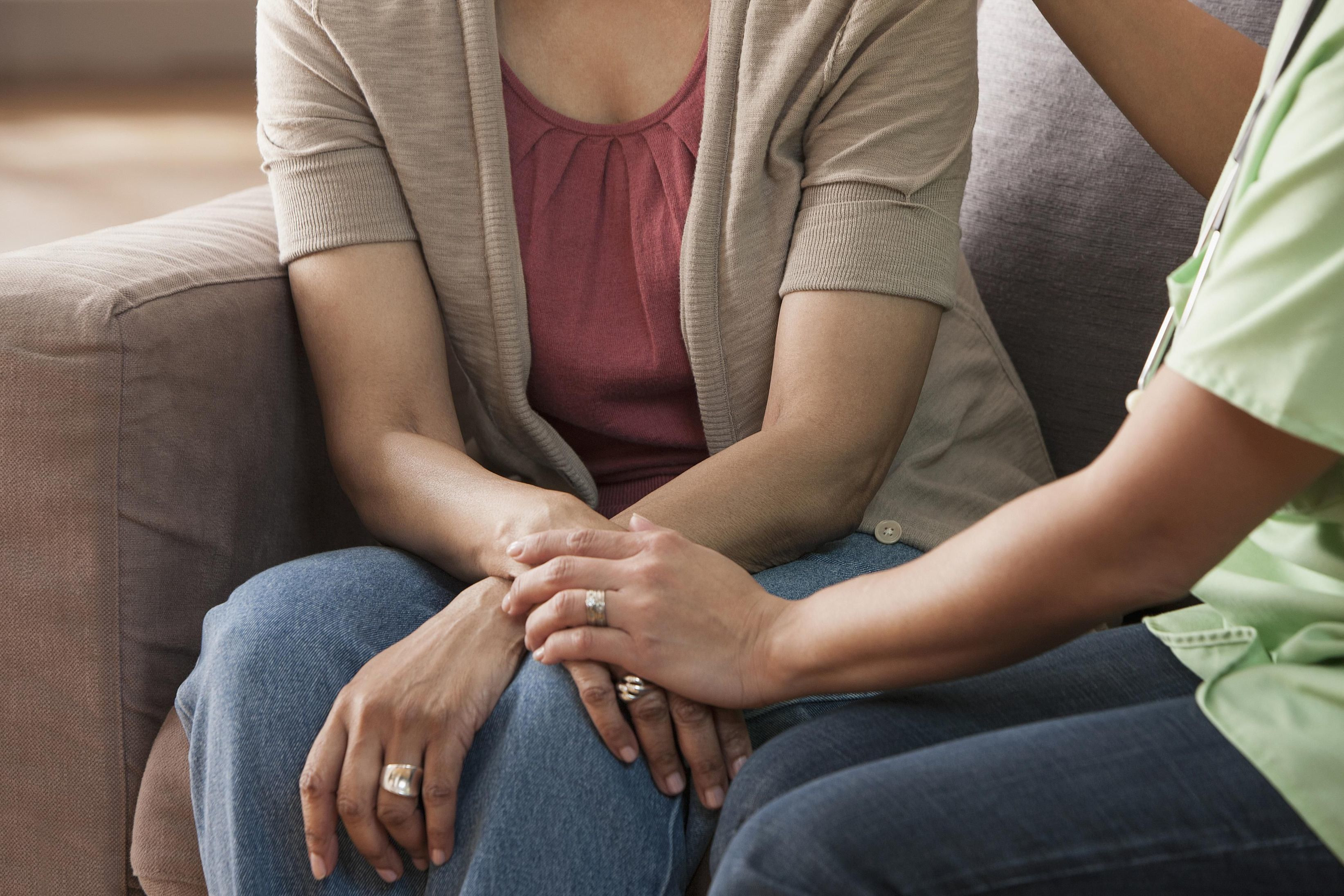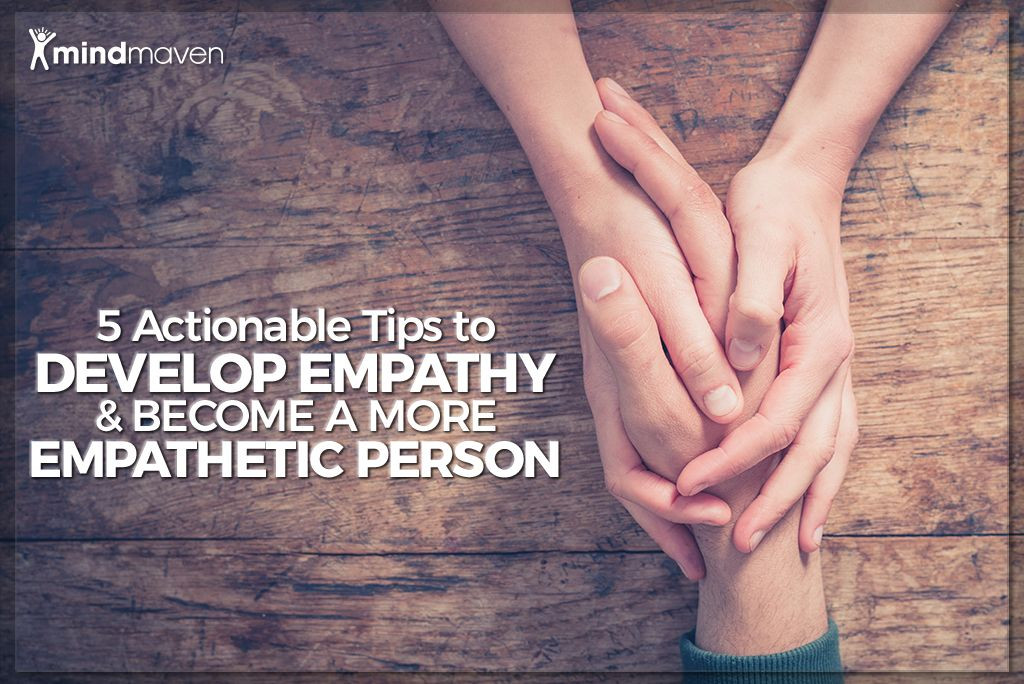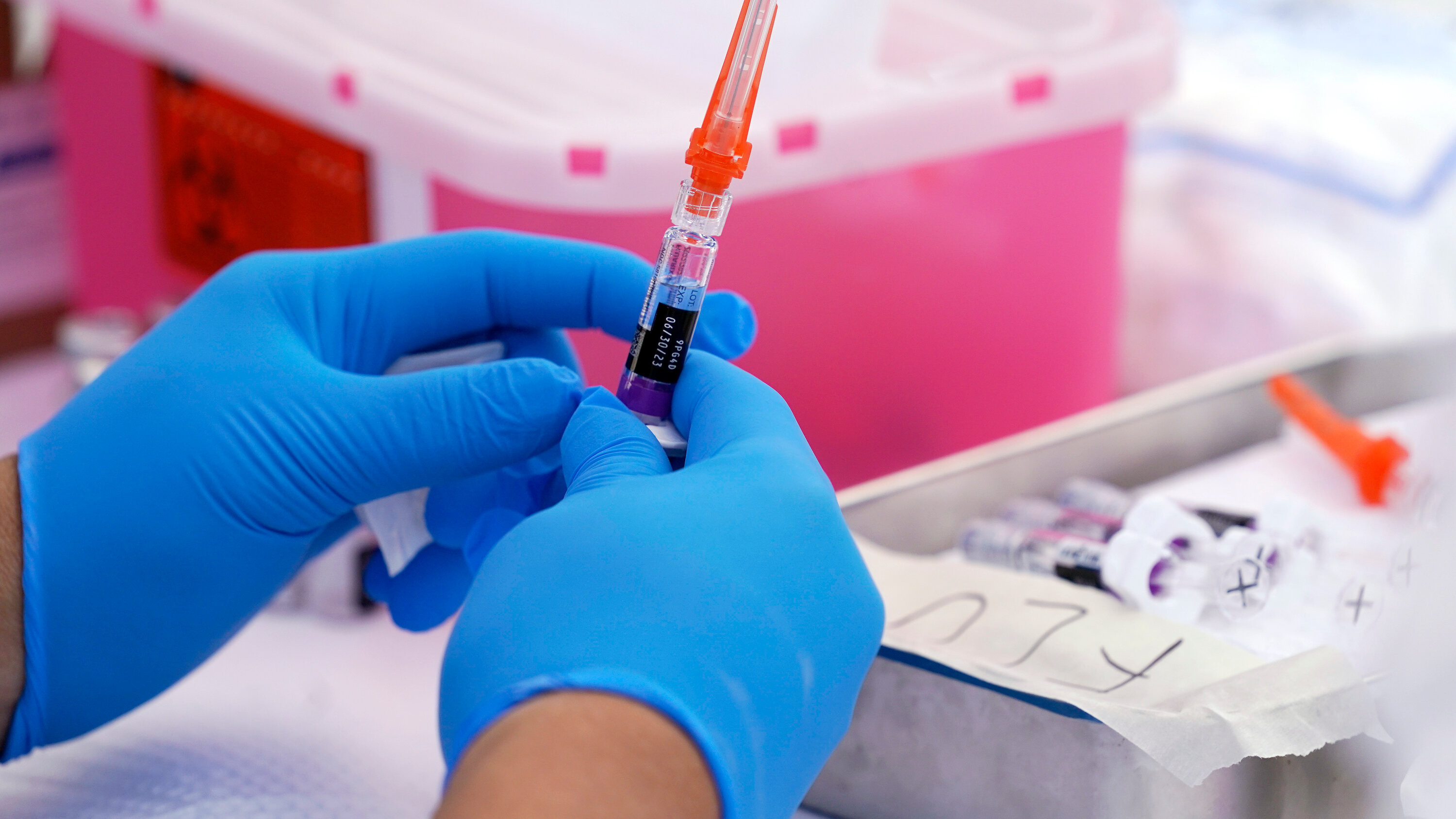A new study from the University of Virginia’s School of Medicine says that out-of-body experiences (OBEs), like near-death experiences, can lead to profound psychological transformations, including increases in empathy and emotional connectivity.
“Empathy is a fundamental aspect of human interaction that allows individuals to connect deeply with others, fostering trust and understanding,” Dr. Marina Weiler, a neuroscientist with UVA’s Division of Perceptual Studies and lead author, said in a statement. “The exploration, refinement, and application of methods to enhance empathy in individuals – whether through OBE [out-of-body experience]-related ego dissolution or other approaches – is an exciting avenue with potentially profound implications for individuals and society at large.”
Out-of-body experiences are often described as extraordinary events where individuals perceive themselves as existing outside their physical bodies, experiencing a sense of floating or observing themselves from an external perspective.
The phenomena can be triggered by various factors such as sensory deprivation, hypnosis, and psychedelic substances or can occur spontaneously during life-threatening situations or near-death experiences.
Out-of-body experiences are often linked to supernatural, religious, or spiritual phenomena. However, they are also recognized within the scientific community, where cognitive science and psychology view them as dissociative events resulting from various psychological and neurological factors.
In this recent study, Dr. Weiler and a team of researchers from UVA’s Division of Perceptual Studies delved into the psychological and neurological mechanisms behind out-of-body experiences and the potential for them to transform people’s emotional landscapes.
The Link Between OBEs and Empathy
According to researchers, the key to understanding the transformational potential of out-of-body experiences lies in the concept of “ego dissolution.” In this state, the sense of self becomes less distinct, allowing individuals to feel a deeper connection to the world around them.
“We propose that OBEs might engender these profound changes through the process of ego dissolution,” researchers explained. “Ego dissolution fosters a sense of unity and interconnectedness with others. These sensations of interconnectedness can persist beyond the experience itself.”
Researchers suggest that specific brain regions may mediate the link between out-of-body experiences and heightened empathy. The study points to the involvement of the temporoparietal junction and the Default Mode Network, both of which play essential roles in self-perception and social cognition.
Brain Regions Involved in Empathy
These brain areas are believed to help process the feelings of disembodiment and the dissolution of the ego, creating a space where the individual feels a deep connection with others.
Previous research has shown that the temporoparietal junction is involved in tasks requiring empathy, such as understanding others’ emotions or perspectives. When this region is activated during an out-of-body experience, it may enhance an individual’s ability to connect with others’ feelings, ultimately promoting more compassionate behavior.
The Default Mode Network, on the other hand, is often active when the brain is at rest and involved in self-referential thoughts. During OBEs, the activity within this network might be altered, leading to a reduction in self-focused thinking and an increase in feelings of oneness with the world around them.
Life-Changing Experiences
Researchers observed that participants who had undergone OBEs often felt their sense of identity expand beyond the confines of their own bodies. This sensation is often described as “more real than reality,” a feeling that persists even after the experience ends, potentially leading to longer-lasting changes in personality and behavior.
The researchers cite numerous personal accounts that illustrate the transformative power of OBEs. One woman described her experience as being surrounded by “100% unconditional love” and feeling deeply connected to everyone and everything around her.
“In an instant, I became part of the Universe. I felt connected to everything. Connected to everyone. I was completely surrounded by 100 % unconditional love. I have never felt that before! I did not want to leave!” the experiencer recounted. “I realized at that moment that where I had been was our true Home. Not here. Not here on the Earth Plane. This is a place where we come to have experiences. To grow. To learn how to show LOVE. Then we go back……HOME!”
Other personal accounts describe similar encounters, with out-of-body experiences profoundly affecting one’s perspective on life and instilling a deep sense of empathy and compassion toward others.
These personal stories are consistent with the study’s findings that OBEs can lead to a sustained increase in prosocial behaviors, such as empathy, tolerance, and peaceful relationships.
In fact, researchers report that 55% of individuals who had an out-of-body experience reported that the experience profoundly changed their lives, and 71% described it as having a lasting benefit.
Potential Applications of the Findings
The transformative potential of OBEs is not limited to personal growth. Dr. Weiler and her colleagues suggest that understanding these experiences could provide valuable insights into promoting empathy on a broader societal level.
The findings also open up new avenues for research into the therapeutic applications of out-of-body experiences. By understanding the neural correlates of these experiences, scientists might be able to develop novel methods to enhance empathy, even in individuals who have never had an out-of-body experience. This could be particularly valuable in mental health treatment, social work, or conflict resolution contexts.
However, the researchers caution that much remains to be understood about out-of-body experiences and their effects on empathy. While the findings are promising, more studies are needed to explore the extent of these effects and the psychological and neurobiological mechanisms involved.
Looking Ahead
Despite these uncertainties, the study opens the door to further exploration of how altered states of consciousness, such as those experienced during out-of-body experiences, might be used to enhance empathy and social cohesion.
The findings also raise intriguing questions about the nature of consciousness itself and how experiences that challenge our understanding of reality might reshape our emotional and social lives.
As modern societies grapple with an empathy deficit amid rising polarization, understanding the mechanisms that can nurture empathy has never been more critical.
As researchers conclude, “Interest in cultivating empathy and other prosocial emotions and behaviors is widespread worldwide. Understanding how virtues related to consideration for others can be nurtured is a goal with personal, societal, and potentially global implications.”
The Potential for Empathy-Boosting
The study sheds light on the transformative potential of out-of-body experiences, demonstrating how these states of altered consciousness can lead to profound changes in empathy and emotional connectivity. While further research is required to delve deeper into the mechanisms involved, the findings offer promising insights into fostering empathy and promoting a more compassionate and connected world. The exploration of these experiences holds significant implications for both individual well-being and societal harmony, paving the way for innovative approaches to cultivating empathy and promoting understanding in an increasingly complex and interconnected world.



















